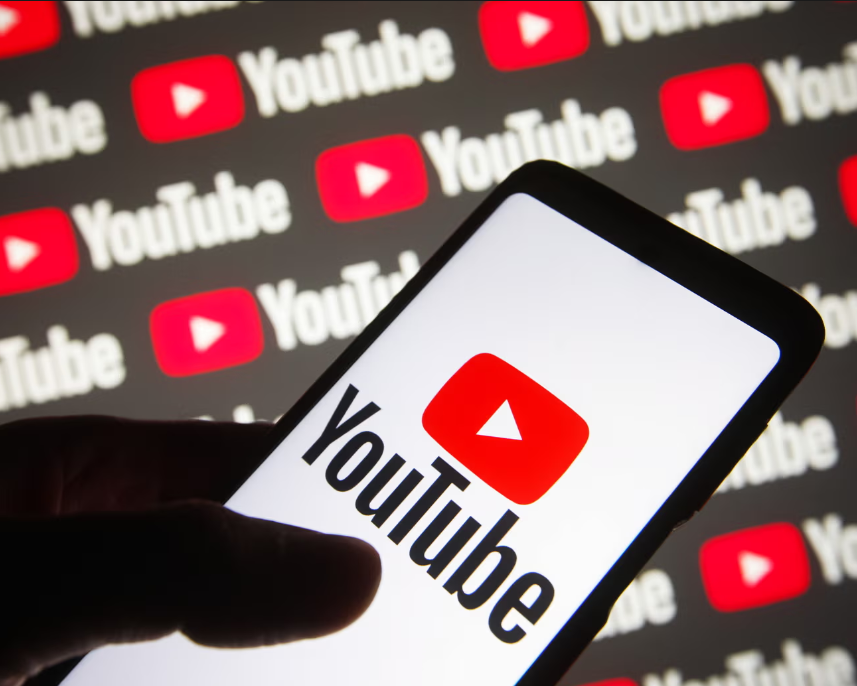
A wave of controversy surrounds age restrictions and the role of YouTube.
YouTube has strongly refuted the decision after Julie Inman Grant, Australia's eSafety Commissioner, called on the government to reconsider its exemption from the "deferral" of social media use for those under 16.
Previously, YouTube was among the platforms exempt from restrictions, along with Google Classroom and mental health support services such as ReachOut and Kids Helpline.
Speaking at the National Press Club, Inman Grant asserted that age restrictions are necessary to mitigate the risks posed by technology to young people, emphasizing that this is a "delaying" measure rather than a "ban."
She proposed using a range of age verification tools, including artificial intelligence such as facial or handprint analysis. However, details on how to implement them have not yet been released, even though the deadline for adoption is mid-December this year.
Several other social media platforms have also expressed concerns about the feasibility and legality of implementing separate age verification systems on each platform, instead of applying a common system at the device or app store level.
While acknowledging that no technology is perfect, Inman Grant believes that age verification is a step in the right direction to "shift the burden" from parents to technology companies, similar to how other industries are responsible for protecting consumers.
YouTube asserts its educational role and refuses to be lumped together with social media.
In response, YouTube's representative, Rachel Lord, Director of Public Policy, argued that including YouTube on the restricted list was "contradictory advice," given that eSafety had previously warned that a ban could deprive children of access to crucial support resources.
She asserted: "YouTube is not a social media platform, but a video content distribution service."
YouTube stated that it has proactively developed child-friendly content and implemented rigorous measures to protect young users, including removing more than 192,000 videos that violated its policies in the first quarter of 2025.
“We have been at the forefront of developing protective tools and there have been no changes to policy that negatively impact children,” said Ms. Lord. “The proposed change to the exemption goes against established psychological research by the government, stakeholders, and political decision-making.”
Opposition MP Melissa McIntosh argued that the government needs to clarify the relevant regulations soon, including: which platforms will be restricted, what verification technologies will be required, and the criteria for determining a company's compliance level.
"There are still so many unanswered questions. Families and platforms need a clear framework, especially as the implementation deadline approaches," she said.
While awaiting a final decision from Communications Minister Anika Wells, the debate over the line between protecting children and their right to access information and education continues to heat up technology and social forums across Australia.
Source: https://baovanhoa.vn/nhip-song-so/youtube-phan-doi-de-xuat-cam-tre-duoi-16-tuoi-su-dung-nen-tang-tai-australia-146286.html







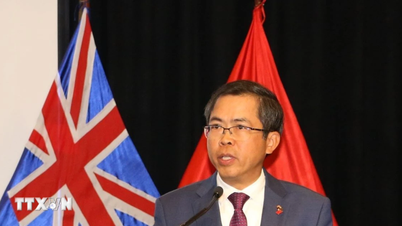


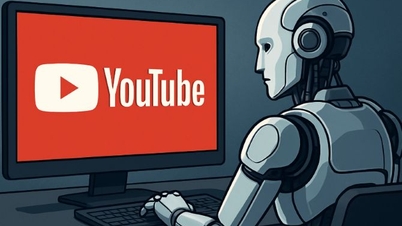

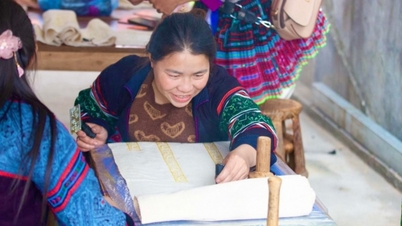

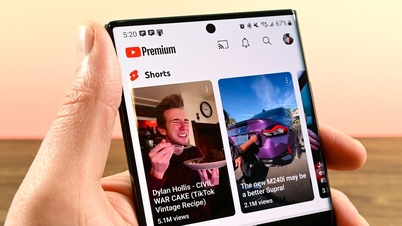







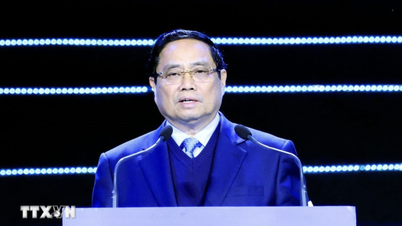










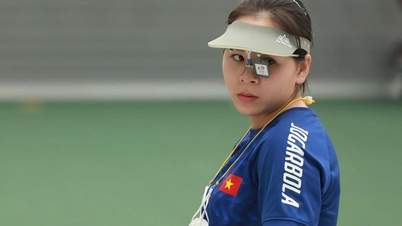
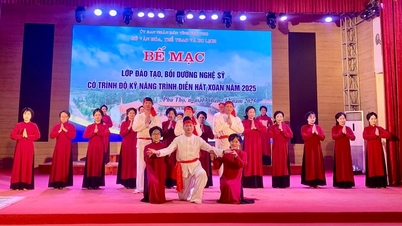












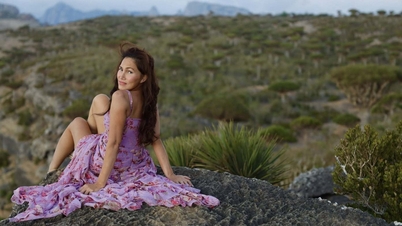
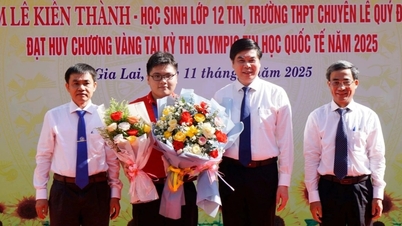























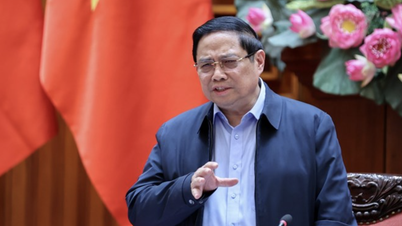
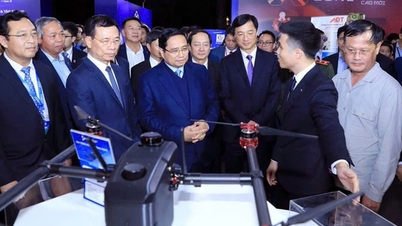



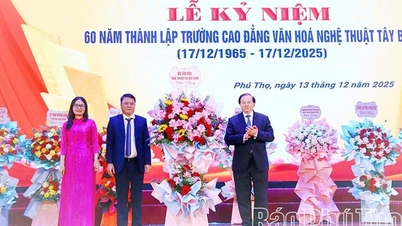
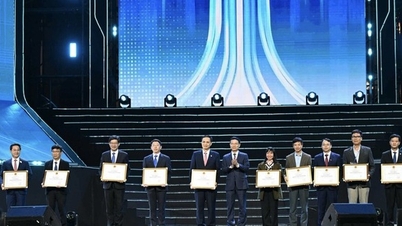
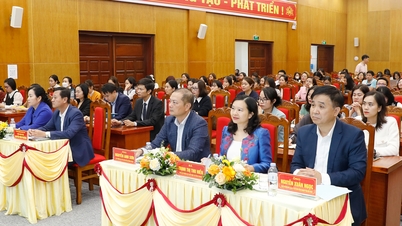

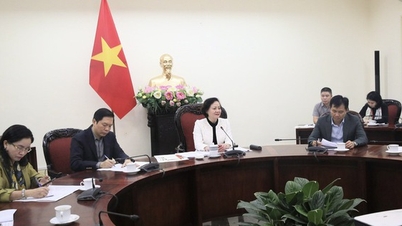


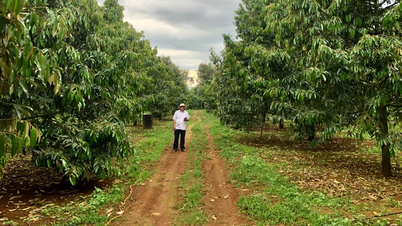

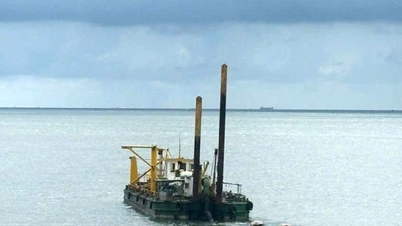



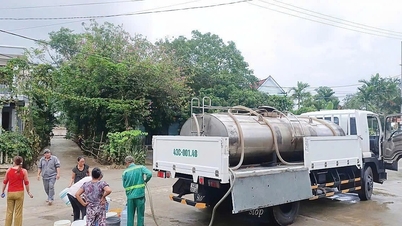











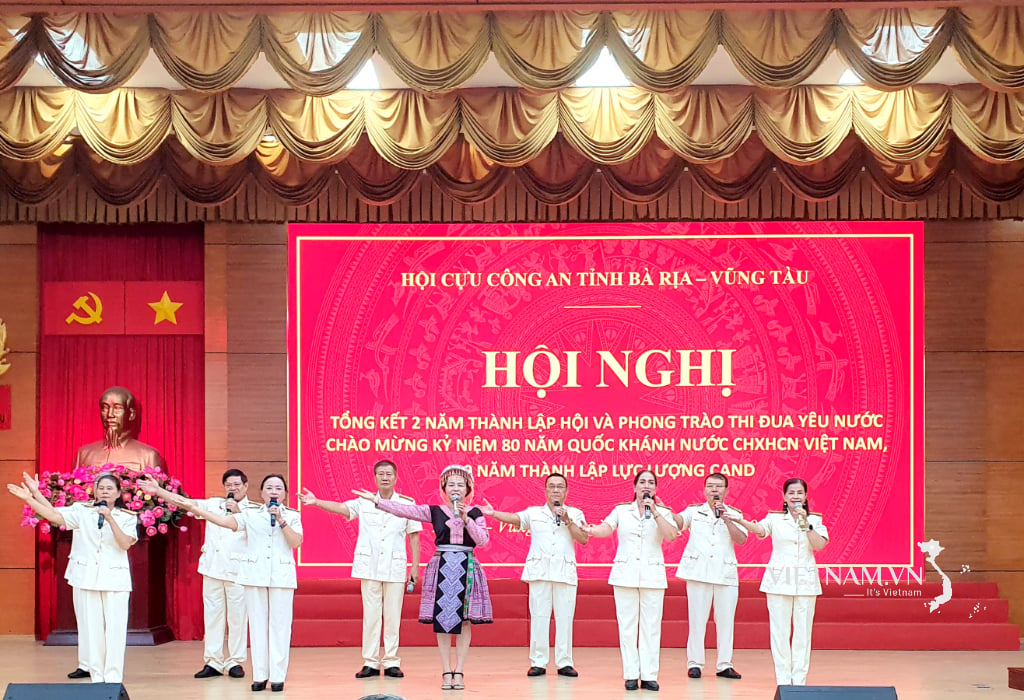



Comment (0)